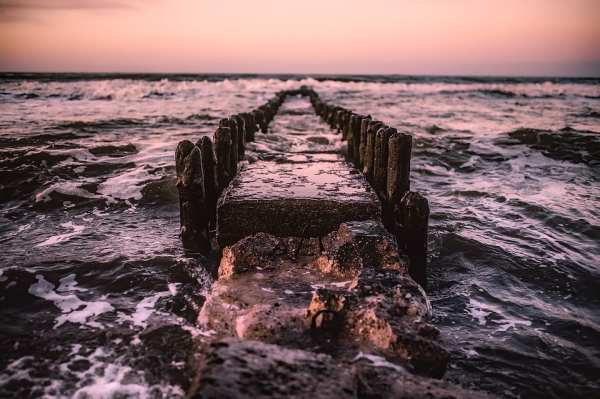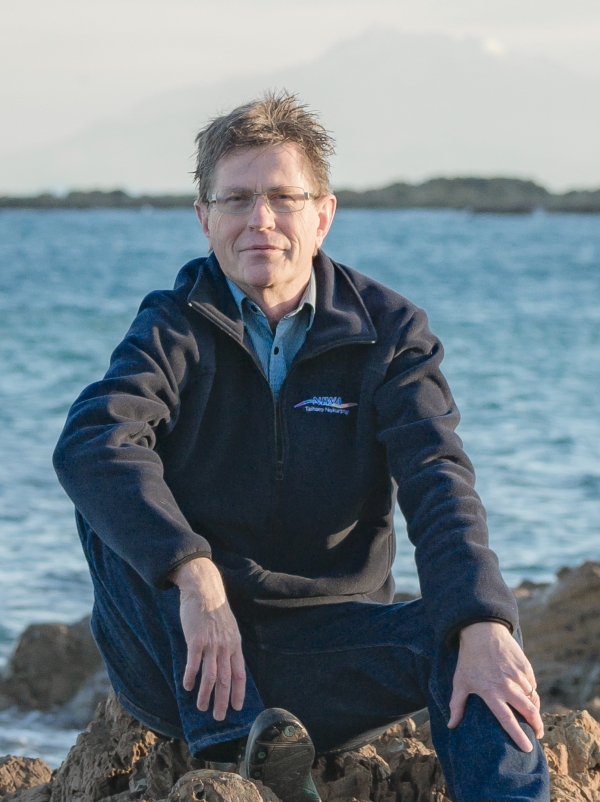A senior NIWA scientist is concerned many councils are having difficulty “getting off the starting blocks” when it comes to planning for coastal climate change.
Dr Rob Bell, an expert in rising sea levels, wants councils to know there is new information and tools available that can help them, regardless of the uncertainties about how climate change will affect their region.
“I think councils generally know there’s a problem and want to get on with it, but what I’ve picked up is that they don’t quite know where to start – often the biggest hurdle is getting off the starting blocks.”
This week marks the beginning of a nationwide series of workshops for council staff, engineers, planners and infrastructure operators to make them more familiar with the updated Coastal Hazards and Climate Change Guidance released by the Ministry for the Environment in December. A public meeting will also be held in each workshop location.
The start of the workshops coincides with the results of a survey commissioned by insurance company IAG about New Zealanders’ knowledge of and attitude towards climate change. The survey found that almost 90 per cent of people are expecting more frequent and extreme storms and more inundation of coastal locations. Some 75 per cent of respondents thought some people will need to move from where they live.
Dr Bell is one of several experts, along with analysts from the Ministry for the Environment, that will be leading the workshops that aim to encourage councils to plan for coastal climate change now rather than wait for certainty about what might happen. The future magnitude of many climate change impacts can’t be known with certainty since they depend on how much greenhouse gases we emit to the atmosphere in coming years. The workshops will offer tips on how to get a team together and at what points to include engagement with the community.
“We’ve got to get on and do something now despite the uncertainty. Decisions can’t wait, so we are suggesting that adaptive planning and monitoring progress towards decision points is the best tool in the box,” Dr Bell said.
Adaptive planning enables councils to have several options in place that can be implemented when an agreed trigger is reached to switch pathways.
“Each coastal situation is different – some issues are imminent and some are down the track so councils and communities need to work out when they have to adapt and what short and long-term options are available to them. When they near a threshold they can then decide which of the options they what to implement.”
Dr Bell said monitoring enabled a plan to be slowed down or sped up, depending on how communities were being affected by climate change.
Dr Bell says the coastal guidance poses five key questions within a 10-step decision framework:
- What is happening?
- What matters most?
- What can we do about it?
- How can we implement the strategy?
- How is it working?
There are also four sea level rise projections for councils to consider that range from half a metre to 1.4 metres by 2120 depending on how global emissions track over this time.
“Monitoring what is happening will show which scenario plays out, and whether to slow down or speed up planning and implementation. Any decision made now will have repercussions for flexibility to adapt in the future but it is important to know what is coming, what the threshold is and have a plan in your pocket to switch to.”
The workshops are funded by the Deep South National Science Challenge and the public meetings organised by the New Zealand Coastal Society.


